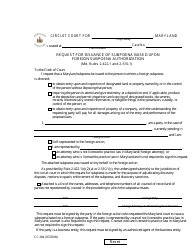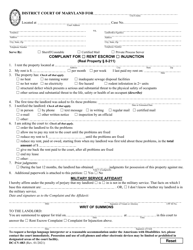

The coordinator for the On-call Scientists Initiative contacted me. Find out about how to become a SWB volunteer here.įor human rights projects, SWB works closely with the AAAS Science and Human Rights Coalition and the AAAS On-call Scientists Initiative. More than 1,000 statisticians support SWB projects.

Click here to find out about how SWB can help. SWB is always eager to hear from organizations in need of statistical help or that wish to partner with it. SWB provides analytical services through client projects for public benefit that support goals that are nonreligious, nonpolitical, and non-personal, with a focus on developing countries and with priority to organizations with limited access to statistical resources. Statistics Without Borders (SWB) is a volunteer Outreach Group of the American Statistical Association (ASA) that provides pro bono services in statistics and data science. By definition, Legal Aid had no experience with such cases, so the organization asked On-call Scientists, a program of the American Association for the Advancement of Science (AAAS), for help in evaluating Rental Court procedures. For example, default judgments are those made in cases where neither the renter nor a renter’s representative is present at the trial. Since most defendants in Rent Court cases do not have legal representation, Legal Aid was aware that their experiences were not representative of the complete Rent Court system. For many years, experiences and anecdotes suggested that existing law was not being applied uniformly in Rent Courts throughout Maryland, and Legal Aid staff suspected this was resulting in unjust outcomes. MLA works on behalf of renters in failure-to-pay-rent (FTPR) cases.

A desire for hard numbers to evaluate the effectiveness of the Rent Court system was the genesis of the Rent Court Study. Rent Courts were heavily used in Maryland, but had not been systematically assessed. The state’s Rent Court was immediately identified as a system that affected housing outcomes for many low-income individuals and families. The firm’s mission is to provide high-quality legal services to the state’s poor through a mix of services and to bring about the changes that poor people want in the systems that affect them.įor more information, go to The needs assessment revealed that affordable housing was one of the most-pressing needs for low-income Marylanders-a need that, if left unmet, would prevent them from overcoming poverty. Maryland Legal Aid is a private, nonprofit law firm that has been providing free civil legal services to low-income people statewide in Maryland since 1911.

These issues can all be framed as human rights under the Universal Declaration of Human Rights, a statement adopted by the United Nations on December 10, 1948, as well as the International Covenant on Civil and Political Rights, a treaty that was adopted on December 19, 1966, and ratified by the United States in 1992. The organization found that major concerns included finding affordable housing, earning a living wage, and receiving proper healthcare. The idea grew out of a needs assessment in 2009 with its clients across the state about the issues that they and their families face every day. Maryland Legal Aid (MLA) was among the first legal services organization in the country to apply a human rights framework to its advocacy. This framework helps tie together work about specific kinds of human rights that were previously framed as public interest, social issues, racial and gender inequality, voting rights, and other specific rights. In recent years, organizations and researchers in a range of fields have supplemented their thinking and communication with a human rights framework.


 0 kommentar(er)
0 kommentar(er)
